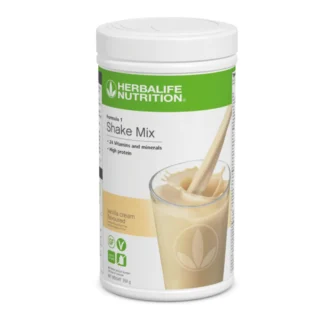
Introduction
In today’s fast-paced world, mental health has become a significant concern for many. With stress, anxiety, and depression on the rise, finding effective ways to maintain emotional well-being is crucial. While therapy and medication are valuable tools, one often overlooked method for enhancing mental health is physical activity. Engaging in regular exercise not only benefits your physical health but also has a profound impact on your mental well-being.
Why Physical activity?
Exercise triggers the release of endorphins, often referred to as the body’s natural mood lifters. These neurotransmitters interact with receptors in the brain, reducing the perception of pain and triggering positive feelings. This natural high can alleviate symptoms of depression and anxiety, providing an immediate mood boost.
Moreover, physical activity promotes better sleep patterns, which are closely linked to mental health. Quality sleep is essential for cognitive function, emotional regulation, and overall well-being. Exercise helps regulate the sleep-wake cycle, making it easier to fall asleep and stay asleep throughout the night. By improving sleep quality, regular physical activity can help alleviate symptoms of mood disorders and enhance overall mental resilience.
Beyond the physiological effects, engaging in physical activity offers a valuable opportunity for distraction and relaxation. Whether it’s a brisk walk in nature, a yoga session, or a high-intensity workout, exercise allows individuals to temporarily escape from stressors and negative thoughts. Focusing on the present moment and the physical sensations of movement can provide a much-needed break from rumination and worry.
Furthermore, participating in physical activities can foster social connections, which are essential for mental health. Joining a sports team, attending group fitness classes, or simply exercising with friends or family members can enhance feelings of belonging and support. Social interaction provides emotional nourishment, reduces feelings of loneliness, and boosts overall psychological well-being.
It’s important to note that physical activity doesn’t have to be intense or time-consuming to reap mental health benefits. Even small, consistent efforts can make a significant difference. Incorporating movement into your daily routine—whether it’s taking the stairs instead of the elevator, going for a short walk during lunch breaks, or practicing gentle stretches before bed—can contribute to improved mood and overall mental resilience. Why not have a read of the NHS website to see how they relate to mental health and physcial activity. Be active for your mental health – Every Mind Matters – NHS
Conclusion
In conclusion, prioritizing physical activity is a powerful way to boost mental health and well-being. By harnessing the mood-enhancing effects of exercise, improving sleep quality, finding moments of relaxation, and fostering social connections, individuals can better manage stress, anxiety, and depression. Whether you’re a seasoned athlete or just starting your fitness journey, remember that every step, stretch, or squat brings you one step closer to a healthier mind and body. So lace up those sneakers, step outside, and let movement be your medicine for a happier, more fulfilling life.
If you wanted to see any of our products associated with sports performance please visit Sports Performance Herbalife 24 Range | Energy Drink | Protein .za (herbanutritionshop.co.za)
Herbalife 24 Sports Performance Range, dedicated to supporting your active lifestyle around the clock. rom pre-workout enhancements to post-exercise rejuvenation, attain the pinnacle of athletic performance and elevate your performance.





